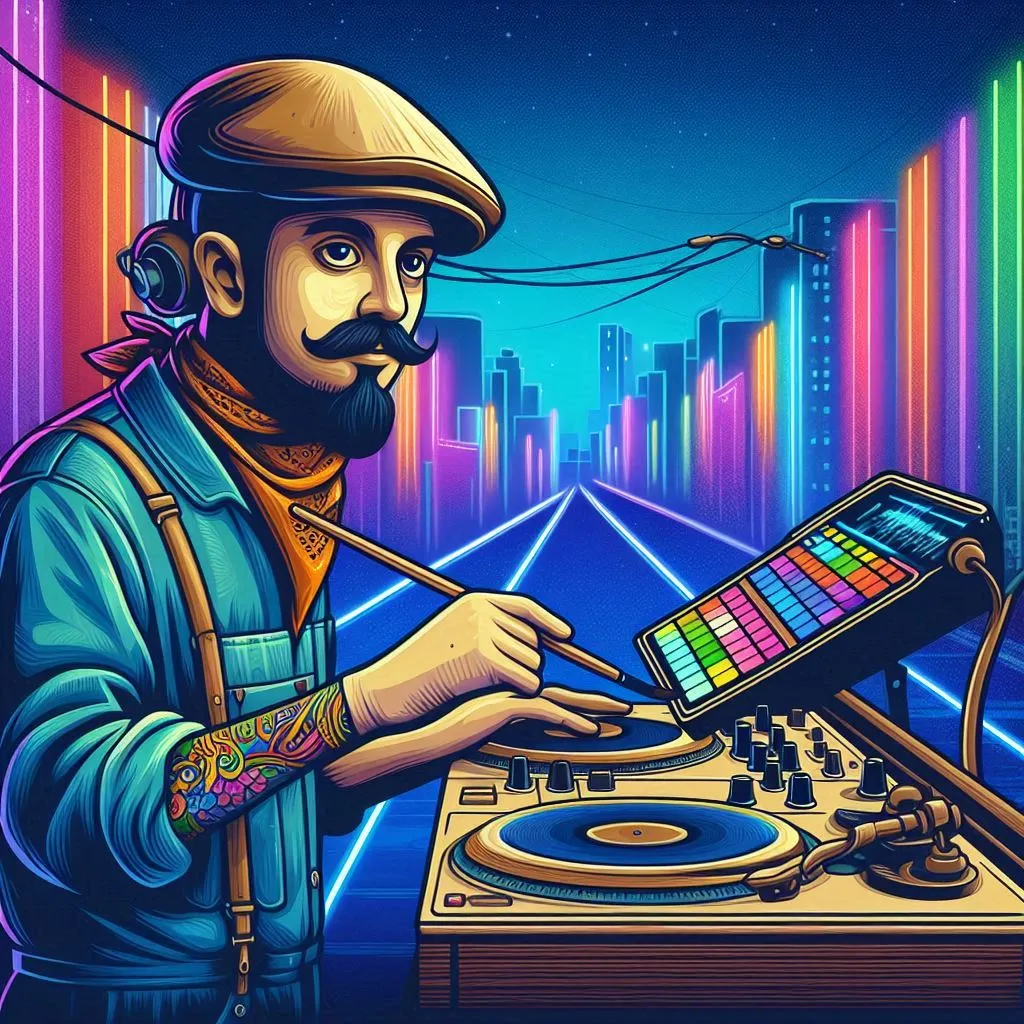What is Generative AI?

Enhance Your Writing with WordGPT Pro
Write Documents with AI-powered writing assistance. Get better results in less time.
Try WordGPT FreeGenerative AI has rapidly become one of the most talked-about advancements in artificial intelligence, transforming the way industries operate and innovate. By leveraging complex algorithms and vast datasets, generative AI creates new content, designs, and solutions that were previously unimaginable. This article delves into the essence of generative AI, its applications, benefits, challenges, and future prospects.
Understanding Generative AI
Generative AI refers to a class of artificial intelligence models designed to generate new content, such as text, images, audio, and even video, based on the data they have been trained on. Unlike traditional AI, which often focuses on classification and prediction, generative AI is about creation and innovation.
How It Works
At the core of generative AI are models like Generative Adversarial Networks (GANs) and transformer-based models like GPT-4. These models learn patterns from massive datasets and use these patterns to generate new, similar content. For instance, GANs consist of two neural networks—the generator and the discriminator—that work together to produce increasingly realistic outputs.
Applications of Generative AI
Generative AI’s potential spans multiple industries, offering groundbreaking solutions and enhancing productivity. Here are some key applications:
1. Text Generation
- Content Creation: Tools like OpenAI’s GPT models can draft articles, marketing copy, and even poetry. Businesses leverage these models to generate personalized emails, social media posts, and customer service scripts.
- Chatbots and Virtual Assistants: AI-driven chatbots enhance customer service by providing immediate, accurate responses, improving user engagement and satisfaction.
2. Image and Video Generation
- Design and Art: Generative AI creates unique artworks and design elements, revolutionizing fields like graphic design and digital art.
- Video Production: AI can produce and edit videos, generate deepfakes, and even create realistic virtual environments for films and games.
3. Audio Generation
- Voice Synthesis: AI-generated voices can be used for virtual assistants, audiobooks, and dubbing in various languages, providing a more personalized user experience.
- Music Composition: AI tools compose original music, aiding musicians and content creators in generating background scores and soundtracks.
4. Code Generation
- Software Development: Generative AI assists in writing code, automating repetitive tasks, and optimizing existing codebases, thereby accelerating software development processes.
Benefits of Generative AI
Generative AI brings numerous advantages across various sectors:
1. Enhanced Creativity
By generating new and innovative content, generative AI fosters creativity, allowing artists, designers, and writers to explore novel ideas and concepts.
2. Increased Efficiency
Automation of repetitive tasks, such as content creation and code writing, saves time and resources, enabling professionals to focus on more strategic activities.
3. Personalization
Generative AI can create highly personalized content, improving customer engagement and satisfaction in marketing, customer service, and entertainment.
Challenges and Ethical Considerations
Despite its potential, generative AI poses several challenges and ethical concerns:
1. Quality Control
Ensuring the quality and accuracy of AI-generated content is crucial. Models can sometimes produce biased, inappropriate, or low-quality outputs that require human oversight.
2. Intellectual Property
AI-generated content raises questions about ownership and intellectual property rights. Determining who owns the rights to AI-created art, music, or written content can be complex.
3. Ethical Use
Generative AI can be misused for creating deepfakes, spreading misinformation, or generating harmful content. Establishing ethical guidelines and regulatory frameworks is essential to prevent misuse.
The Future of Generative AI
Generative AI is poised to revolutionize various industries, with advancements in technology promising even more sophisticated and versatile applications. Here are some future trends:
1. Integration with Other Technologies
Generative AI will likely be integrated with other emerging technologies, such as augmented reality (AR), virtual reality (VR), and the Internet of Things (IoT), to create immersive and interactive experiences.
2. Industry-Specific Solutions
Tailored generative AI solutions for specific industries, such as healthcare, finance, and education, will become more prevalent, addressing unique challenges and opportunities in these fields.
3. Enhanced Collaboration
As generative AI tools become more accessible, collaboration between humans and AI will increase, with AI acting as a co-creator, augmenting human creativity and productivity.
4. Ethical Frameworks
Developing robust ethical frameworks and regulatory guidelines will be crucial to ensure the responsible use of generative AI, addressing issues related to bias, privacy, and accountability.
Conclusion
Generative AI represents a significant leap forward in artificial intelligence, offering transformative potential across a wide range of applications. As the technology continues to evolve, it promises to unlock new levels of creativity, efficiency, and personalization, reshaping industries and redefining the way we work and live.
For those interested in harnessing the power of generative AI for their businesses, creating a custom ChatGPT virtual assistant trained on your data can be a game-changer. Explore more at BotGPT and see how generative AI can revolutionize your operations.
Generative AI is not just a technological advancement; it is a new frontier that promises to redefine creativity and productivity. Whether you’re in marketing, software development, or content creation, the opportunities are immense. Start your journey with generative AI today and create your custom ChatGPT virtual assistant at BotGPT.
Interested in exploring the full potential of generative AI for your business? Discover how you can create a custom ChatGPT virtual assistant trained on your data at BotGPT and take your operations to the next level.